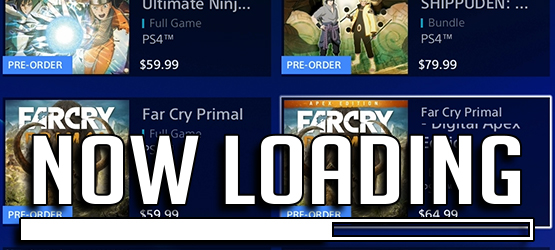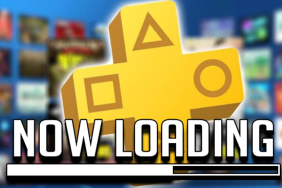With news last week that some game prices in Canada have risen to an astronomical $85 per game, it’s time the PlayStation LifeStyle crew take a look at game prices, whether it should increase, and whatnot in this latest entry in Now Loading.
Important to note that while some people today might think $60 per game is expensive, that price has been relatively consistent for more than a decade (don’t believe me? Check out these ads from the ’90s). We’ve seen some price bumps here and there, but for the most part, game prices have not moved much throughout the years. It certainly can’t compare to the cartridge era when games would cost $70 and upwards back then (imagine that with inflation factored in!). I remember my parents, back then, buying Super Famicom (SNES) games that were super expensive, which I don’t think I’d be OK buying now.
What’s your take on video game prices? Should they remain the same? Be lower for digital games? Maybe even higher for those with big production budgets? Sound off and let us know what you think in the comments below. If you’re a during the “cartridge era,” chime in what your most expensive game purchase was.
Now Loading is a recurring staff-driven feature where PlayStation LifeStyle discusses anything video game-related under the sun (yes, even non-Sony platforms).
Essential Reading:
- Now Loading…PlayStation VR Price: How Will it Compare to Oculus Rift’s?
- Check Out the Top 32 Games to Look Forward to in 2016
- Top 5 Call of Duty: Black Ops 3 Issues in Multiplayer That Need to Be Fixed
Now Loading...Retail Game Prices
-
Now Loading...Retail Game Prices: Should They Be Higher or Lower and Overall Thoughts
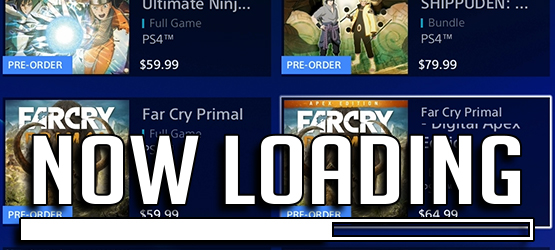
-
Zarmena Khan
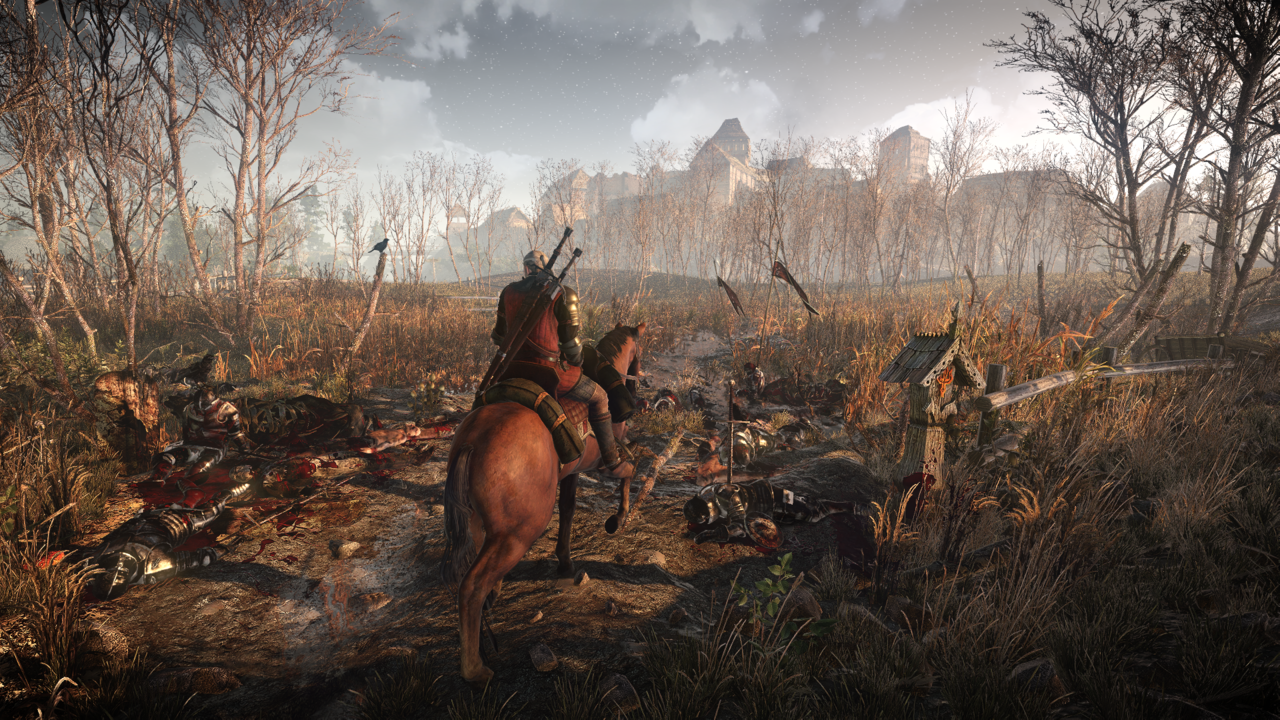

I think it's a bit too soon to move up from the current standard AAA pricing model. I understand that there's a lot more demand for content and it somehow has to be factored into the price, but I see a lot of inconsistency within the industry when it comes to that. I've played $60 games that paled in comparison content-wise to other games in the same price range. If we're going to have the same standard price for all AAA games, then we should have some form of standardization in terms of content, too. But that's a whole other debate.
-
Cameron Teague
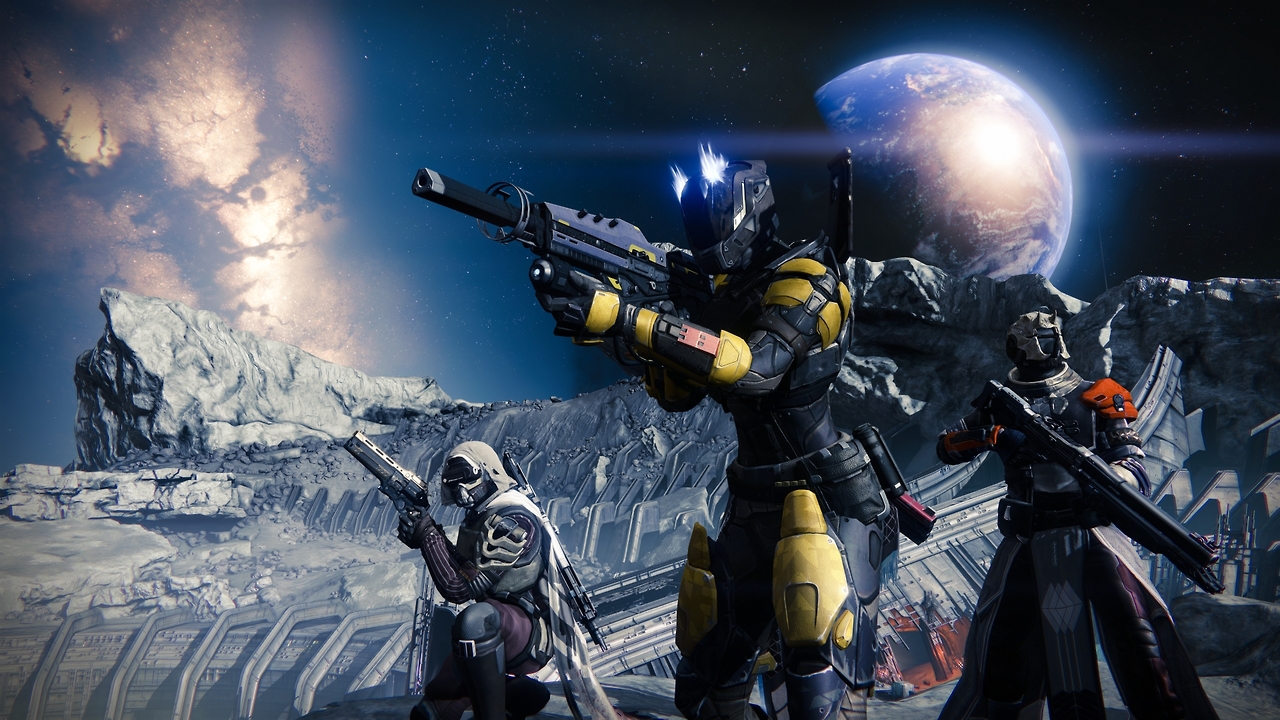
 \
\In all honesty, they are probably a little too cheap at $60, considering just how expensive it is to make and market the games.
-
Louis Edwards
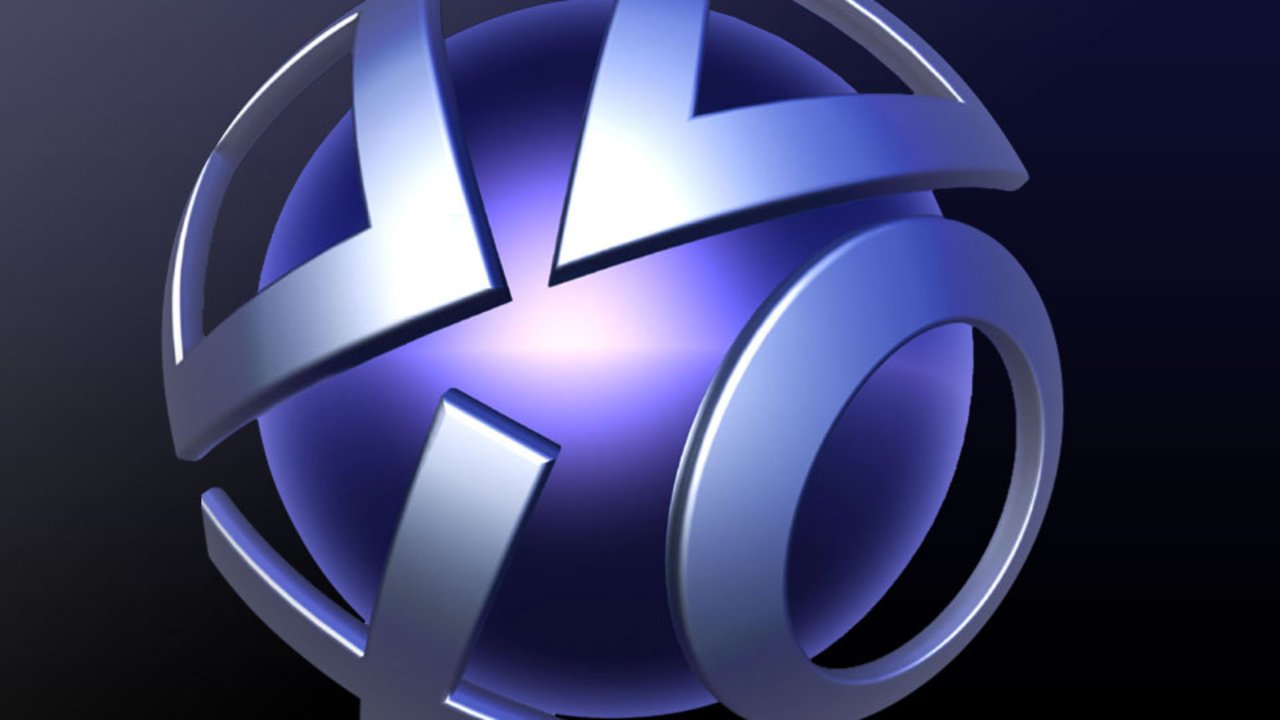
I've never understood why there isn't two price points to begin with. Digital should be cheaper than a physical copy, and the current $60 price tag would be Ok for digital only. I could see a price increase on physical copies by $10 or so.
-
Paulmichael Contreras
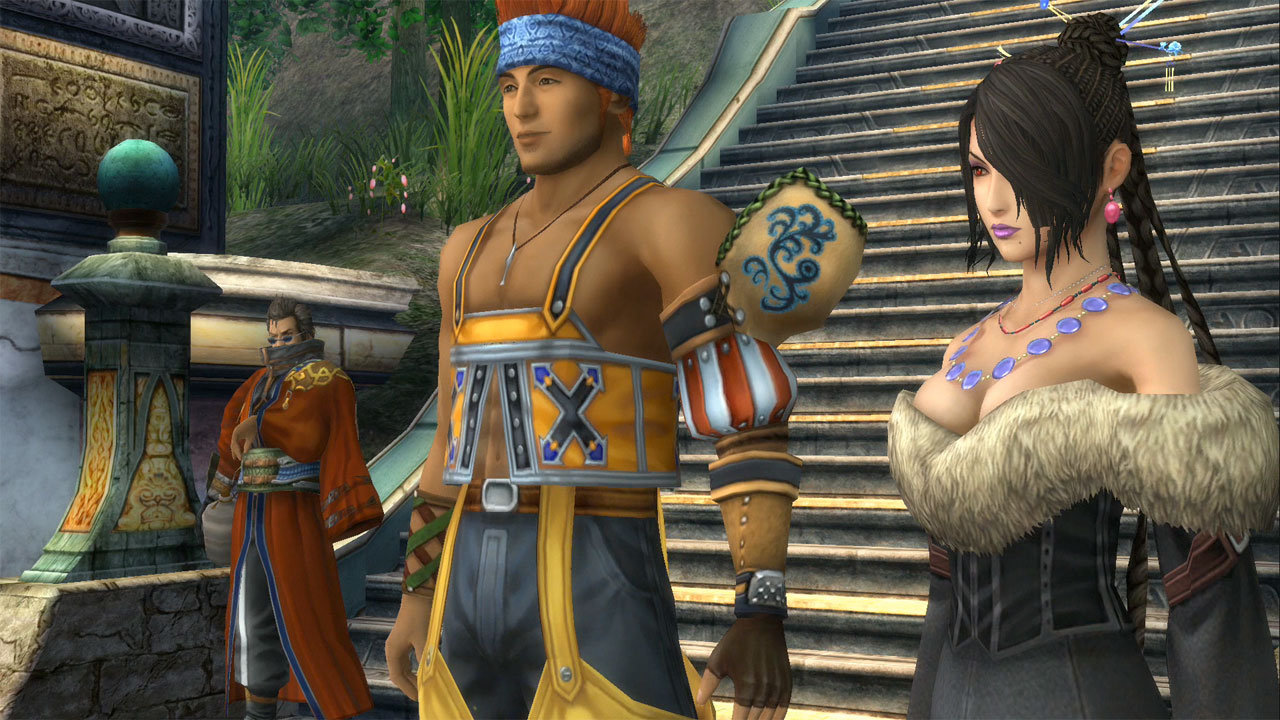 I could have sworn PS2 games were $50 new, and the PS3's generation of consoles ushered in the $60 era. I don't want to see the price of games rise at all. I agree with Louis' sentiment, that digital should be cheaper than a physical copy. I'd like to see a $50 price point for digital games, and $60 for physical copies. The major publishers all push season passes these days, so that the price of the "full" game ends up north of $100 anyway. If a game is exceptionally good, then I'll buy into that, but I've rarely splurged on any game's season pass.
I could have sworn PS2 games were $50 new, and the PS3's generation of consoles ushered in the $60 era. I don't want to see the price of games rise at all. I agree with Louis' sentiment, that digital should be cheaper than a physical copy. I'd like to see a $50 price point for digital games, and $60 for physical copies. The major publishers all push season passes these days, so that the price of the "full" game ends up north of $100 anyway. If a game is exceptionally good, then I'll buy into that, but I've rarely splurged on any game's season pass. -
Alex Co
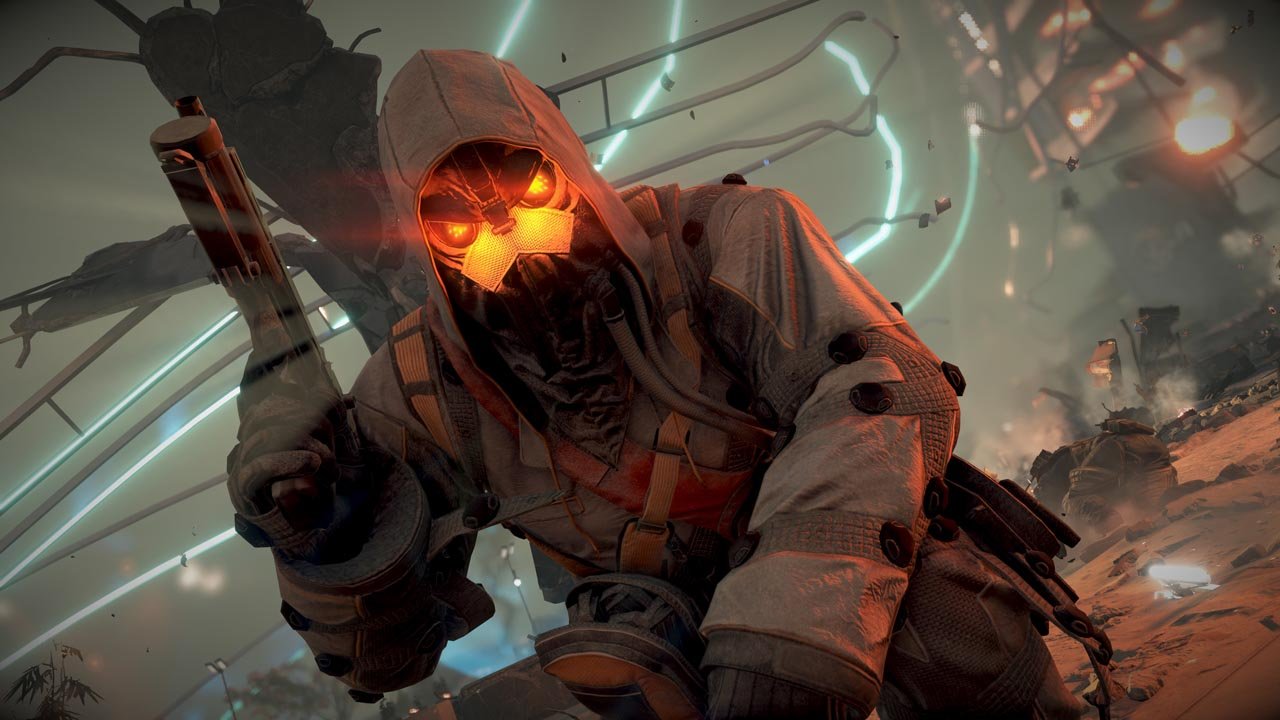

I agree with Louis and Chandler (check his response below) here. I'm OK with retail games costing $60 a pop, but with more and more games being released digitally, and more games scaling in budget, marketing, development cost, etc. It's time we have different pricing tiers.
AAA games that are released via retail? Yeah, it's $60. But digital games? Man, it should cost less since there's no physical case, box, merchandising space taken up, etc. If a game is a big budget indie game, why not have it at $30 or $40?
That said, I do think the gaming populace will accept retail games if it's priced higher than $60 -- at least not right away. We've grown so accustomed to the $60 price that we expect it, and differentiating from that norm will cause quite a bit of backlash that might be hard to overcome if and when it happens.
People can argue that movie tickets and other entertainment prices have gone up but games haven't. But one should also look at how many hours we spend on a movie and on a game. Games are more expensive since we can play it repeatedly, lend it, collect it, etc.
I'm fine with the $60 price since I don't think people will be OK with games that are at $65 or $70, but if and when we do get games that are priced differently, be it lower or higher than the norm, I think I'll be able to adjust, too.
That said, people should also consider that the $60 price is different across the world, so that's another thing publishers need to consider.
-
Ben Tarrant
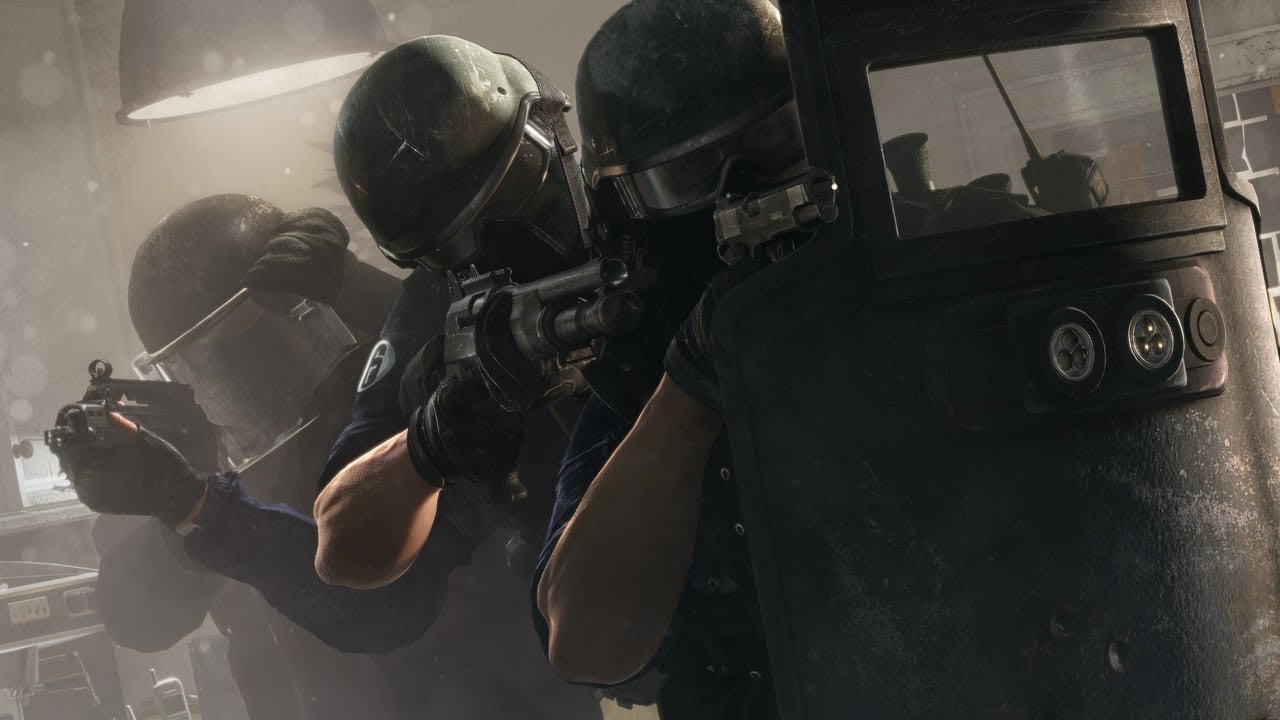
EU pricing is so varied dependant on hype for a game. Doesn't seem to be a median price. Things jump from £40 - £59.99 without reason but are ALWAYS cheaper online, even pre orders, by at least £10.
$60 is £41 give or take. I'd be happy if it stayed at that price, personally. Digital needs to reflect the reduced costs of distribution and omission of brick and mortar. The price points digitally are ludicrously high.I'm buying less and less games brand new just because I struggle to stomach £50 for a title, especially when it's Russian roulette as to wether you'll get a full or stable game. I even waited for Fallout 4 to drop to £30 before I bought it, even after waiting nearly 6 years for it. The principle is strong with this one. -
Stephen Bitto
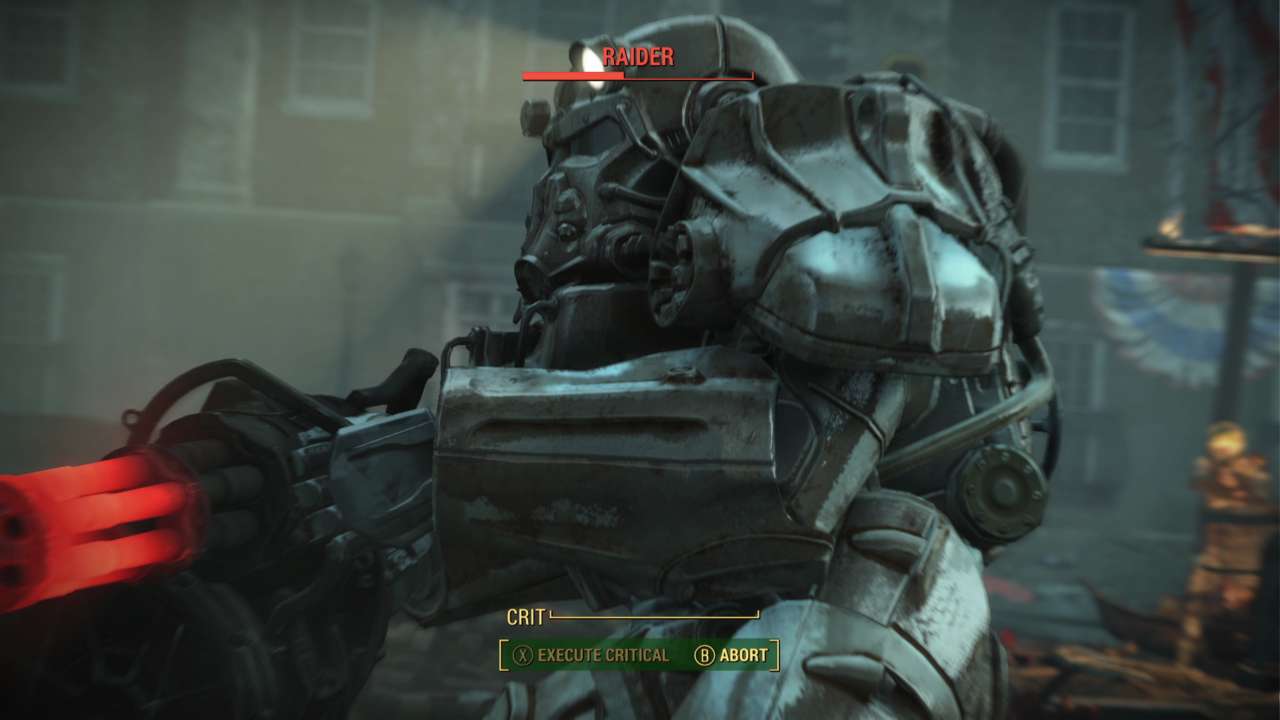
While I agree that games are as fairly priced as they ever have been, I'm not sure that there is high enough demand to raise prices outright. Every AAA release experiences price drops and discounts shortly after launch, suggesting that after the initial wave of purchasers most people are waiting for a lower price. If these games were to launch at $70 or $80, you'd have to assume more people would simply wait for a price drop. It seems that the route of season passes is how publishers will get around this issue. By maintaining the $60 price tag (which is reasonable in the eyes of enough consumers) they can raise the overall price by attaching a content package. This snags the people that are willing to pay more up front without alienating the average consumer whose limit is $60. For this reason, I expect the $60 price to remain the norm while season passes will act as a price increase on a select group of eager gamers.
-
Chandler Wood
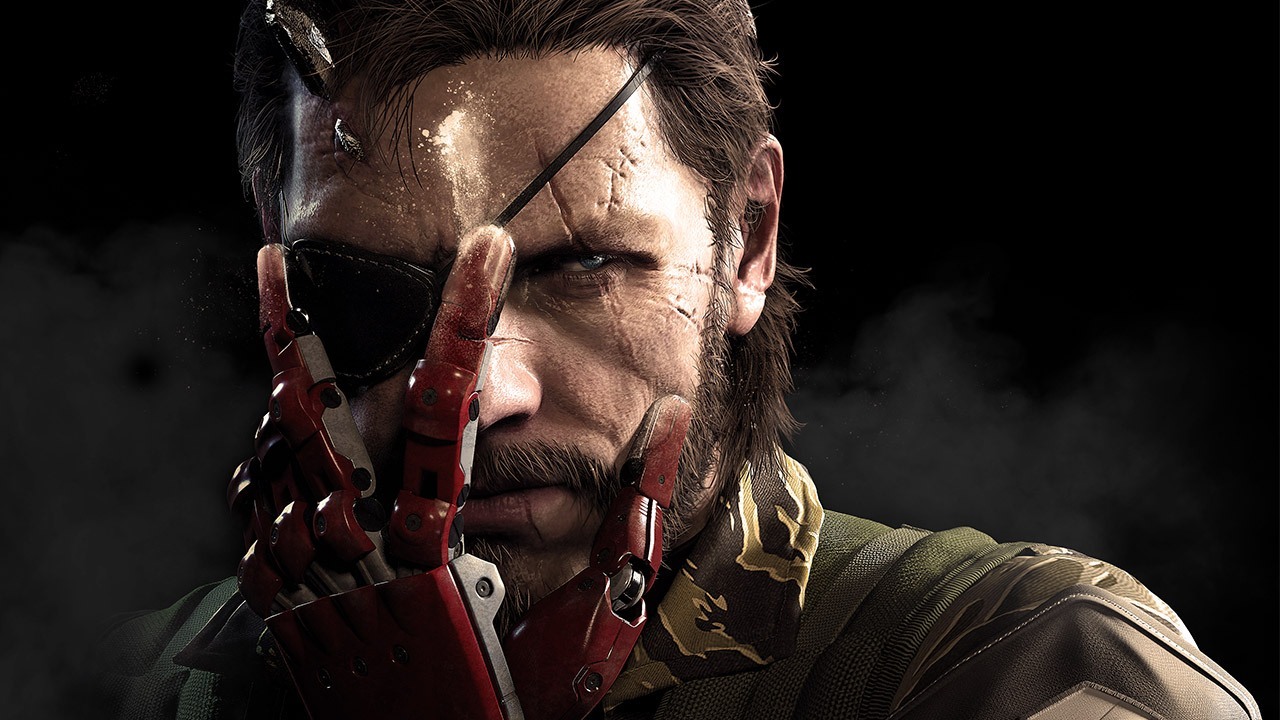

Games are an expensive business. It takes a lot of people and a lot of work to make a game, and I'm not going to pretend to know how to account for all of those dollars to prevent a studio from going under and still put food on everyone's tables. I trust that marketing and distribution teams have that under control, using things like season passes, pre-orders, and micro transactions to supplement profits on a game that would otherwise have to launch at $80, $90, or $100 to make fiscal sense.
Is it worth it? That's a question that each gamer needs to answer for each game, and that answer will always vary.
That being said, the staunch $60 model seems silly to me. Developers should price their games at what makes sense financially, and with rapid price drops, I think that's basically what we're seeing. These game prices even out to a more true sense of value within a few short months of release.
-
Mack Ashworth
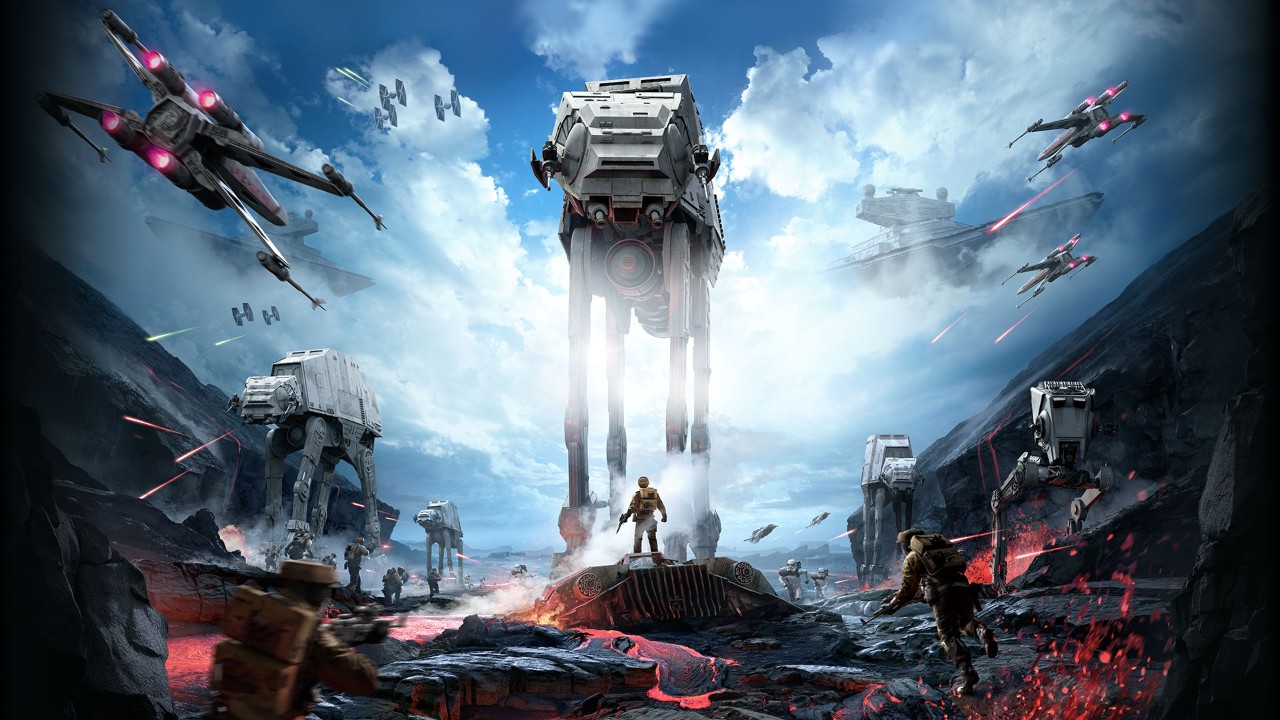
I think that $60 for a physical copy offering both a lengthy (10+ hours) single-player and multiplayer experience is the way things should be. Prices shouldn't increase any further, and content included shouldn't decrease either. Multiplayer only games, like Star Wars Battlefront, are really pushing their luck, and I don't like it.
Digital prices, especially here in the UK, are ridiculous. Sure, not going to the store is convenient, but not £25 worth of convenience!
